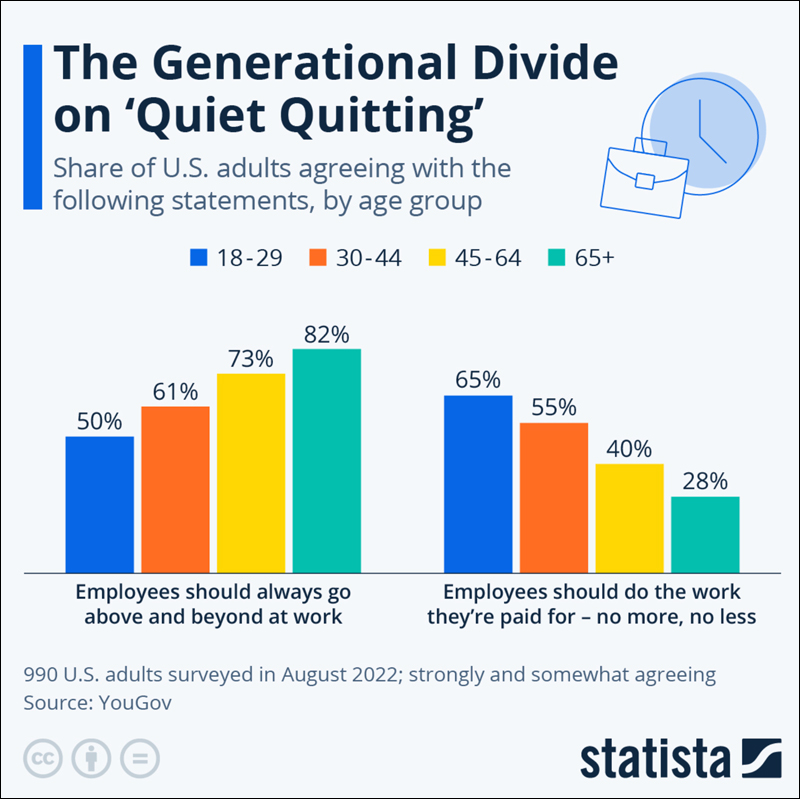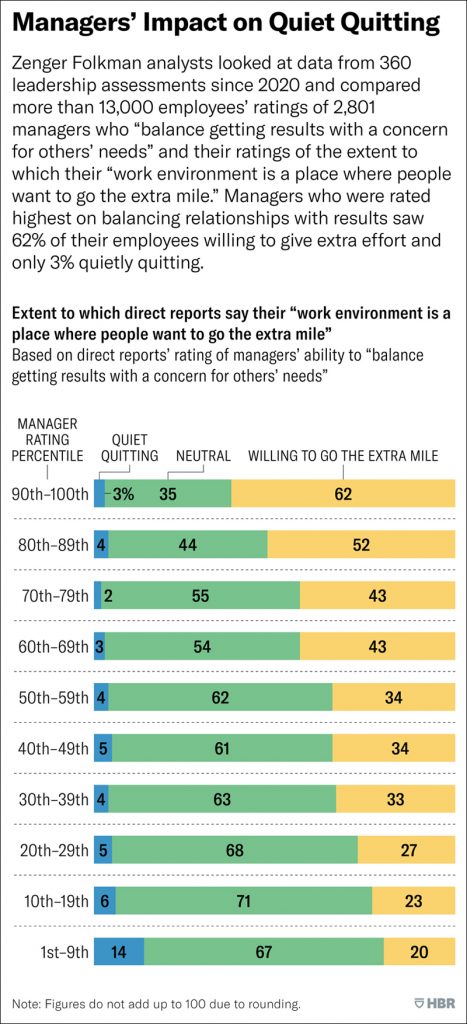In a post-Covid world, employees are prioritizing mental health and work-life balance over hustle culture. Adarsh finds out how.
Just over a week ago, Shantanu Deshpande, the CEO of Bombay Shaving Company, posted on LinkedIn about how freshers must “put in 18 hours a day for 4-5 years”.
He spoke about how he had come across a lot of “youngsters who watch random content and convince themselves that ‘work life balance, spending time with family, bla bla bla’ is important”. According to him, “it is important but not that early”. Apparently, one must “worship your work, whatever it is, from 22-28.”
Deshpande faced a lot of backlash on LinkedIn and Twitter. He was accused of promoting ‘toxic hustle culture’ and ‘glorifying modern slavery’. So much so that he shared an apology as his “last post on LinkedIn” and has since steered clear of the professional networking platform.
While Deshpande’s opinion is problematic, this article is not about that. This one is about a rising trend which is the exact opposite of Deshpande’s sentiment. In the post-Covid era, corporates everywhere are seeing the rise in a trend where employees are ‘quietly quitting’.
What is Quiet Quitting
Quiet quitting is not actually quitting. In this trend, employees continue with their jobs but only do the bare minimum that is expected of them in the role and refuse to go above and beyond by any stretch. Such employees show up on time, log in to their computers, do what they need to do to get through the day and leave once their shift is up. They don’t aspire to reach the next level and are very content in doing the least amount of work while being able to draw a salary at the end of every month.

While employers might complain that the current generation is entitled and lacks the drive that is necessary to make it big in life, the employees themselves believe that this is the best response to the hustle and grind mentality.
They have prioritized their mental health and work-life balance above anything they do at work. In fact, unlike previous generations that had their life centered around their work, the current lot only considers their job as a part of life, not the entirety of it.
For them, their job is just a means to an end, a way of ensuring that they have money getting credited in their account at the start or end of every month. Nothing beyond that.
Is the term misleading?
While the trend is on the rise, negative sentiments about the pattern are also soaring. Many people on Twitter are of the opinion that the word ‘quitting’ is misleading. Because you’re not actually quitting, you are still working, it’s just that you are doing the minimum level that is expected of you.
Hemant Sethi, the country head for the British Safety Council, finds the term misleading. “It conjures an image of someone trying to give up completely on work. I don’t think this is the case at all. I think it is unfair to label the idea of working reasonable hours and doing what one is paid to do, as ‘quitting'”, he says.
“It is an act of establishing healthy boundaries,” says Dr Rachna Khanna Singh, a clinical psychologist at Artemis Hospitals. “Others may feel the term stands for doing the ‘bare minimum’ but for me, it is akin to taking care of one’s well-being.”
Wake up call for Employers
A recent study by Harvard Business Review involving 2801 managers and 13,048 direct reports showed that the least effective managers had 3-4 people in the quiet quitting category.

The managers claimed that 14 per cent of their direct reports were ‘quietly quitting’ and that only 20 per cent were willing to put in any kind of extra effort.
This should definitely serve as a wakeup call for the employers. “If they fail to address the underlying issues that are driving this trend, chances are it will resurface, maybe under a different namesake,” added Dr Rachna who is also a former corporate counselor.
Downside to Quiet Quitting
There is a downside for employees too. Let’s take the case of two employees where one is doing the bare minimum while the other puts in extra effort. As far as the employer is concerned, the first employee would be labeled a slacker and the other one would get rewarded.
“It might become a reason for employees to lose out on important work opportunities as the employer might give them to others who are willing to do their extra bit,” adds Dr Rachna. “Seeing one’s peers get promotions and opportunities could negatively affect one’s self-esteem,” she adds.
The Final Word
Susan Mathew, LinkedIn’s Director of HR, has some alarming data for employers. According to the latest Workforce Confidence Index, 30 per cent employees are prioritizing work-life balance and would even take a pay cut for that. This number rises to 37 per cent when only considering Gen-Z employees.
Employers need to understand that things have changed in a post Covid world. Having faced near-death experiences, people have refreshed their priorities. As much as people still want to keep their jobs and continue earning their salaries, they are all the more interested in the life beyond their jobs.
Sentiments like Deshpande’s would’ve worked in the 2000s and 2010s when hustle culture was still finding its feet in India, but things have changed now. No one is willing to put in 18 hours a day anymore. In fact, no one’s willing to put in 11 hours if you’re only expected to clock in for 10.
The sooner the employers realize this the better, or they run the risk of losing their best employers quitting and seeking greener pastures. As for the rest of their employees, they have already been ‘quietly quitting’.
In case you missed:
- Why are Companies resorting to Office Peacocking?
- 15 Billion Transactions a Month! How UPI is transforming India’s Digital Economy
- India rises to 2nd Place in Global Smartphone Sales, 3rd in Market Value
- Talk to ChatGPT with new AI Glasses
- 5 Free AI Assistants To Make Your Life Easier
- TalkBack, Circle To Search & 3 More Google Features added on Android
- AI and Loneliness: Culprit or Cure?
- WhatsApp adds New Document Scanning Feature
- iPhone 16: Price, Release Date, Specs & More
- Meta AI launches on WhatsApp & Insta in India









